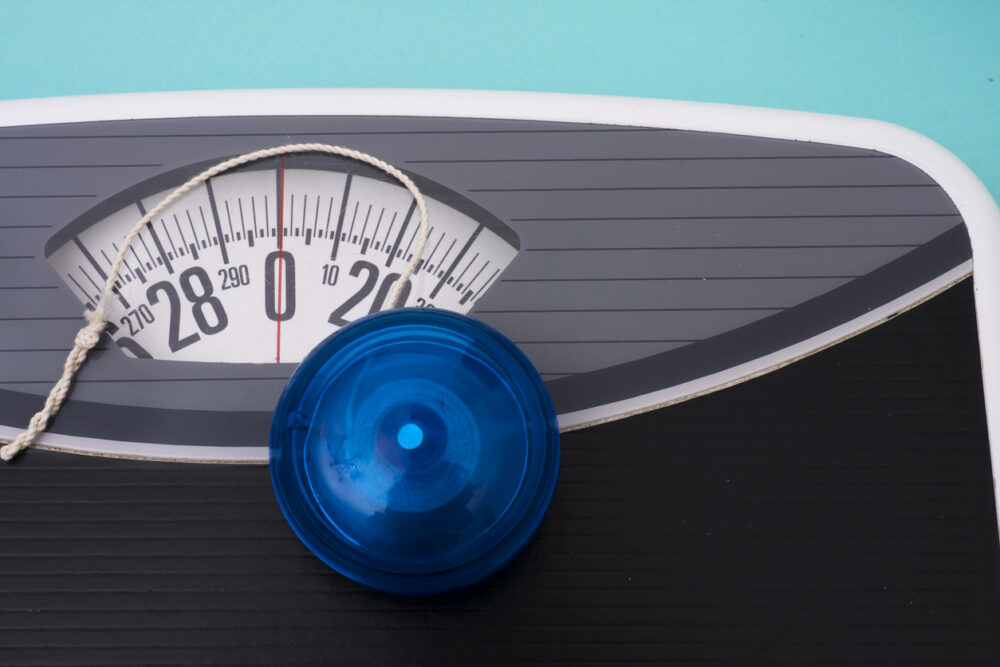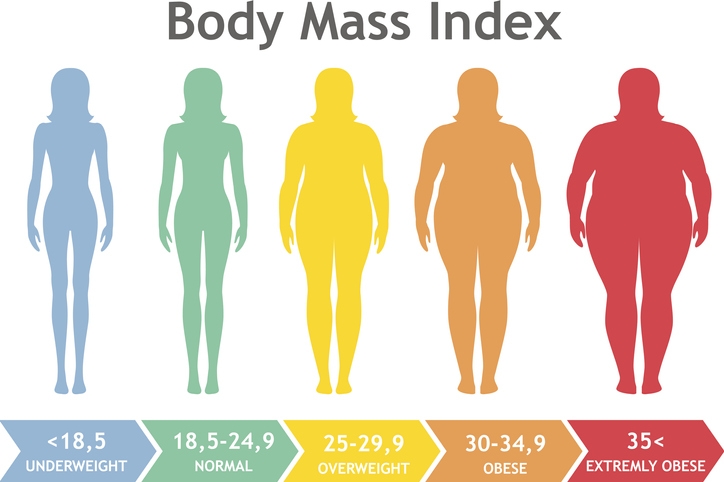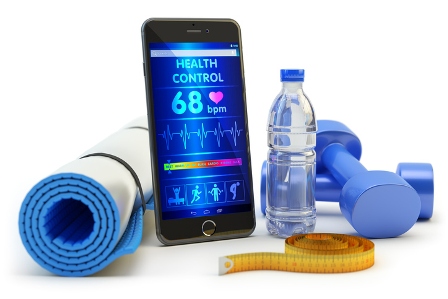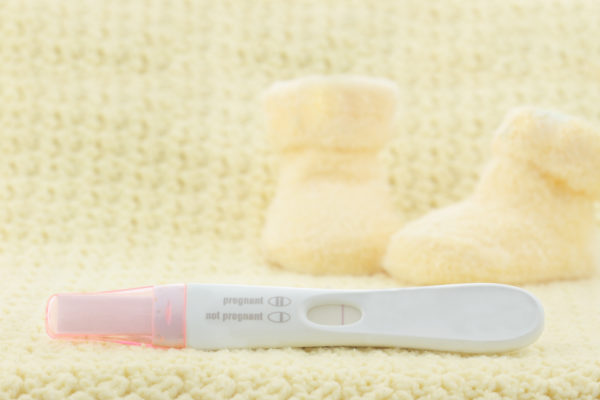5 Common Misconceptions About Bariatric Surgery
Despite the wealth of information available about weight-loss surgery on the Internet and from physicians, bariatric surgery misconceptions are still prevalent. Patients who are considering weight-loss surgery should be sure they have the facts before making a decision.
Here are some common misconceptions about bariatric surgery, and the facts you should know.
Misconception 1. Bariatric surgery has a higher risk of death than obesity
False. While all surgery comes with some risk, bariatric surgery is one of the least risky surgeries performed today and has a lower risk than hip replacement surgery. Obesity increases risk for numerous life-threatening conditions including cardiovascular disease, diabetes, and cancer so having the surgery lowers your risk of having one of these illnesses.
Misconception 2. Bariatric surgery is not covered by insurance.
False. Because the chronic illnesses and health complications caused by obesity are extremely costly to treat, many insurance companies are paying for bariatric surgeries. Those who have weight loss surgery tend to require less medical care after surgery, saving insurance carriers money in the long run.
Misconception 3. Women can’t have children after bariatric surgery
False. Having weight loss surgery will not affect your ability to conceive, carry a child or give birth. In fact, obesity can be a contributing factor to infertility so bariatric surgery can actually improve your chances of getting pregnant.
Most bariatric surgeons advise that women wait at least a year after weight loss surgery before trying to conceive. Be sure to talk with your own OB/GYN if you plan to have children.
Misconception 4. Bariatric surgery patients always regain the lost weight.
False. While some weight-loss surgery patients regain a small amount of weight at some point following their surgery, the vast majority of bariatric surgery patients are able to successfully maintain their new lower body weight.
Misconception 5. Bariatric surgery patients often become addicted to alcohol.
False. While a few patients report having problems with alcohol after surgery, the majority do not. Most who have this problem after surgery also had it prior to surgery. It is true that alcohol sensitivity is heightened after bariatric surgery, particularly during periods of rapid weight loss. Weight-loss patients are advised that they should avoid drinking alcohol during rapid weight loss and that even small amounts of alcohol can cause intoxication after bariatric surgery. Of course, no one should drive or operate equipment after drinking alcohol.
If you would like to learn more about bariatric surgery, contact Malladi Bariatrics & Advanced Surgery at (214) 242-9737 for a consultation. Dr. Preeti Malladi will meet with you, answer all your questions, and discuss treatment options with you.







